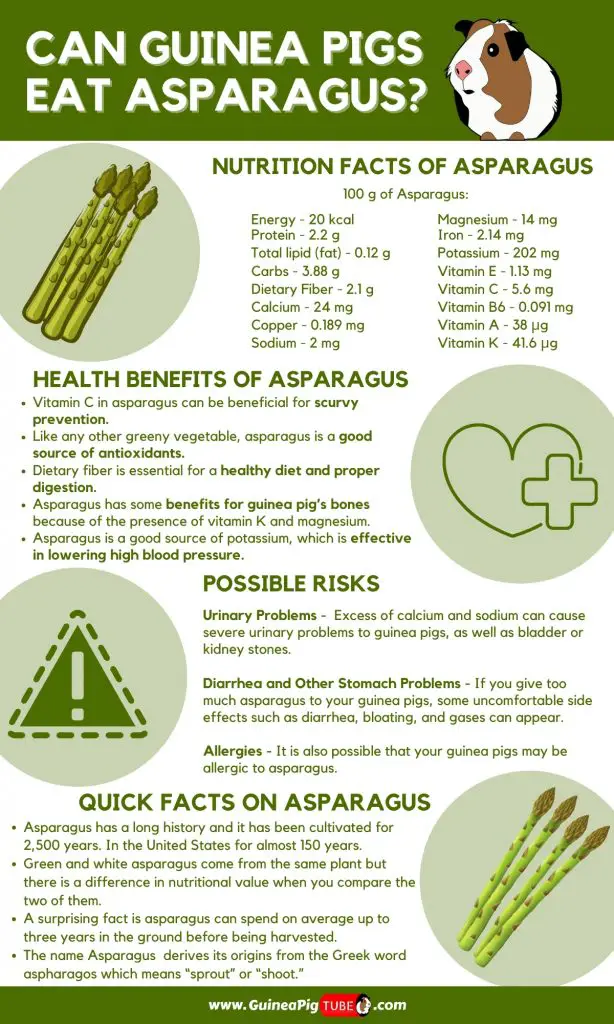
Can Guinea Pigs Eat Asparagus? (Benefits, Risks, Serving Size & More
Considerations With Guinea Pigs Eating Asparagus. Like many vegetables, monitoring the first couple of times you feed your guinea pigs asparagus is crucial. Some guinea pigs can get gas or bloating, which is uncomfortable for them and may lead to other complications. Another consideration is the oxalate levels. Unfortunately, asparagus is on.
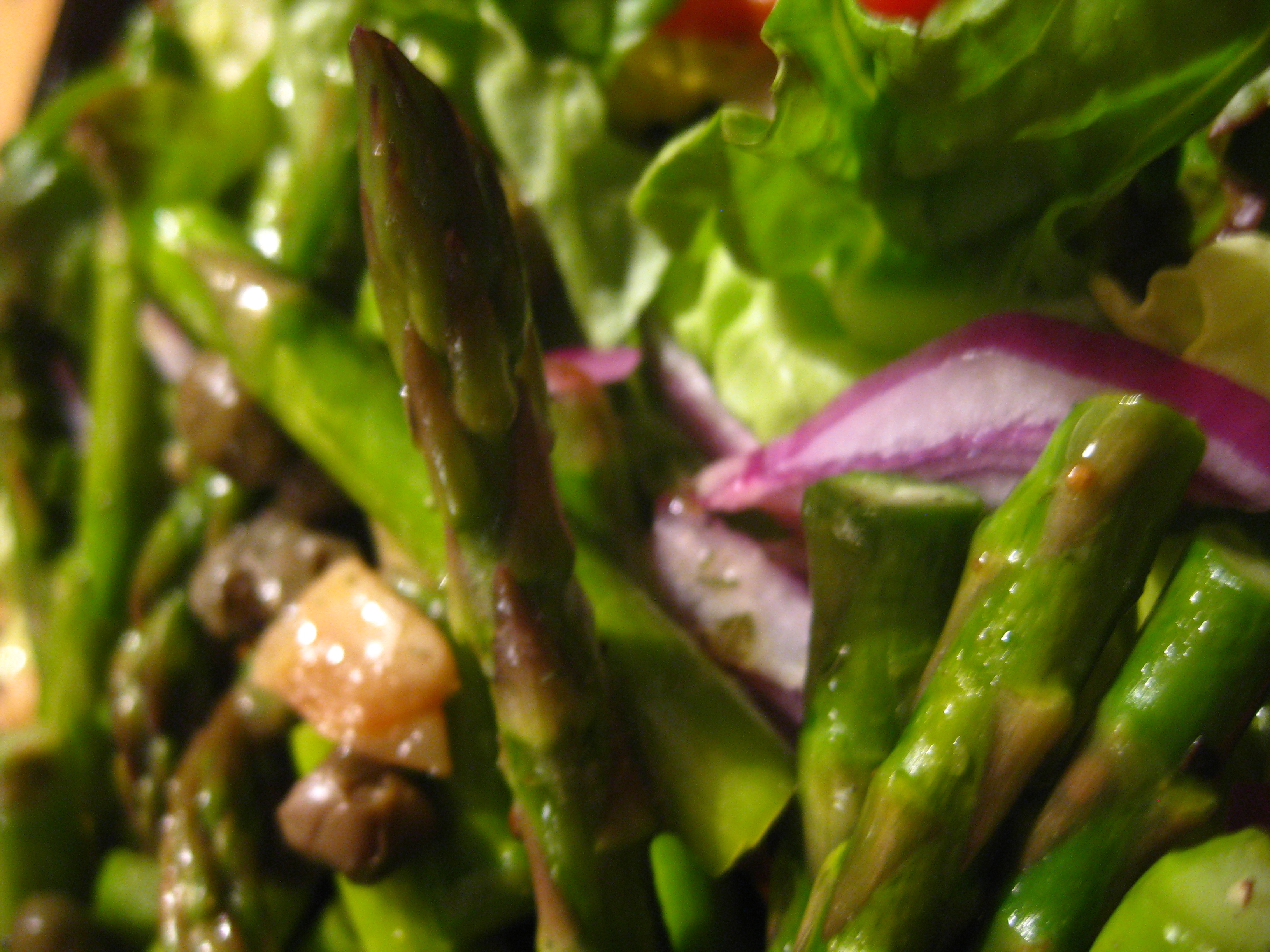
The Asparagus Cometh Asparagus Salad with Mustard Dressing
For the sake of this article on feeding guinea pigs asparagus, we are going to speak specifically on the green garden asparagus found commonly in grocery stores and in gardens. Asparagus has a tall hardy stalk, also known as a shoot, that has a fibrous, tough glossy exterior. The thicker this shoot is, the older that this particular plant is.

Can Guinea Pigs Eat Asparagus Benefits, Hazards, and More
Asparagus is nutritious, low in sugar, and unlikely to cause any digestive issues. It's also low in pesticide contamination. Guinea pigs can safely eat asparagus frequently, but we wouldn't recommend any veggies but leafy greens be offered every day. A good serving size is a ¼ cup. In conclusion, yes, guinea pigs can eat asparagus.
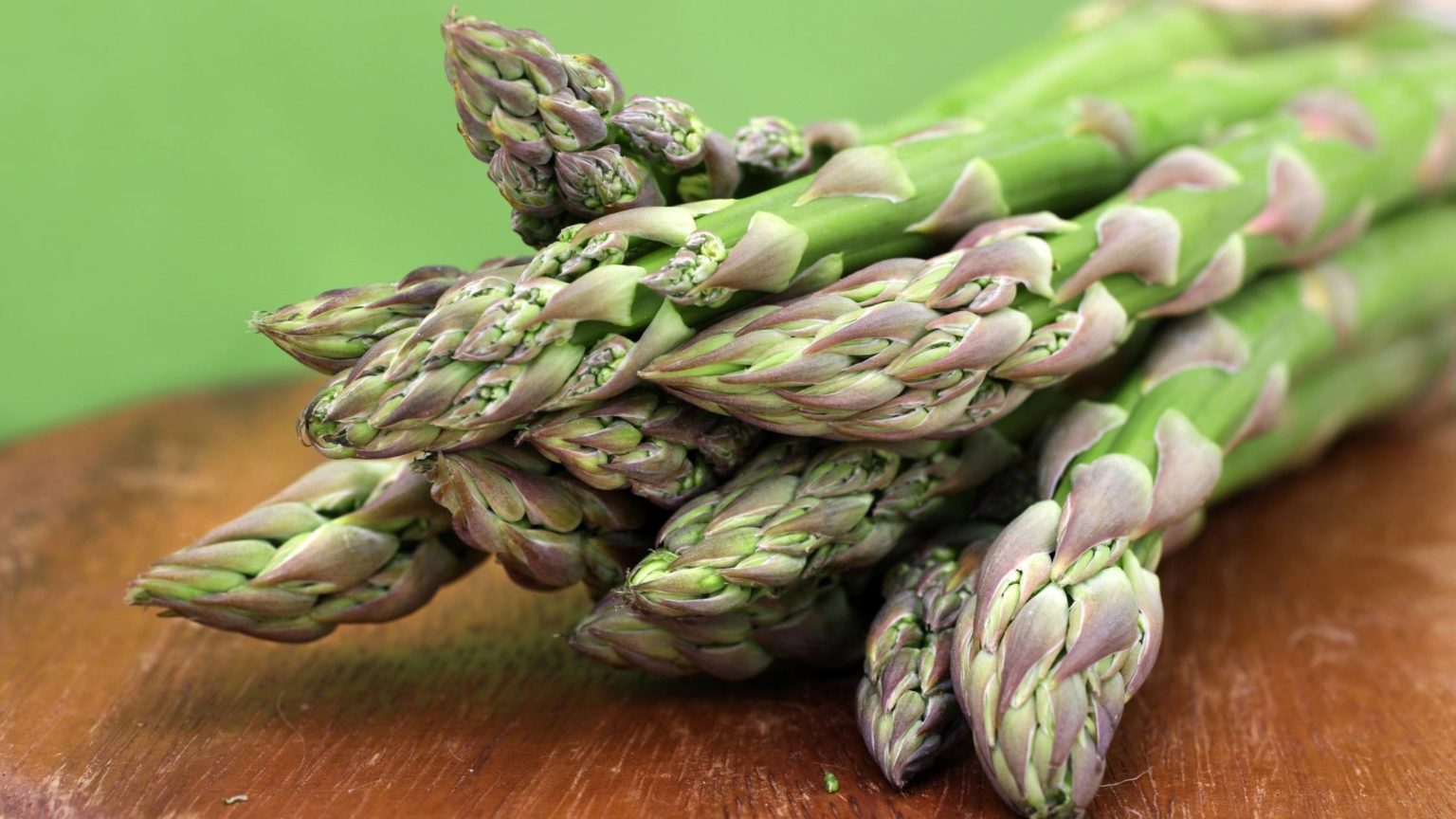
Can Guinea Pigs Eat Asparagus Benefits, Hazards, and More
Thus, guinea pigs can't eat cooked asparagus. Though asparagus is a highly nutritious vegetable for your cavies, it does not negate the fact that guinea pigs do not feed on cooked food. So, always feed them with raw and fresh asparagus. Guinea pigs' digestive system isn't made to digest cooked food.
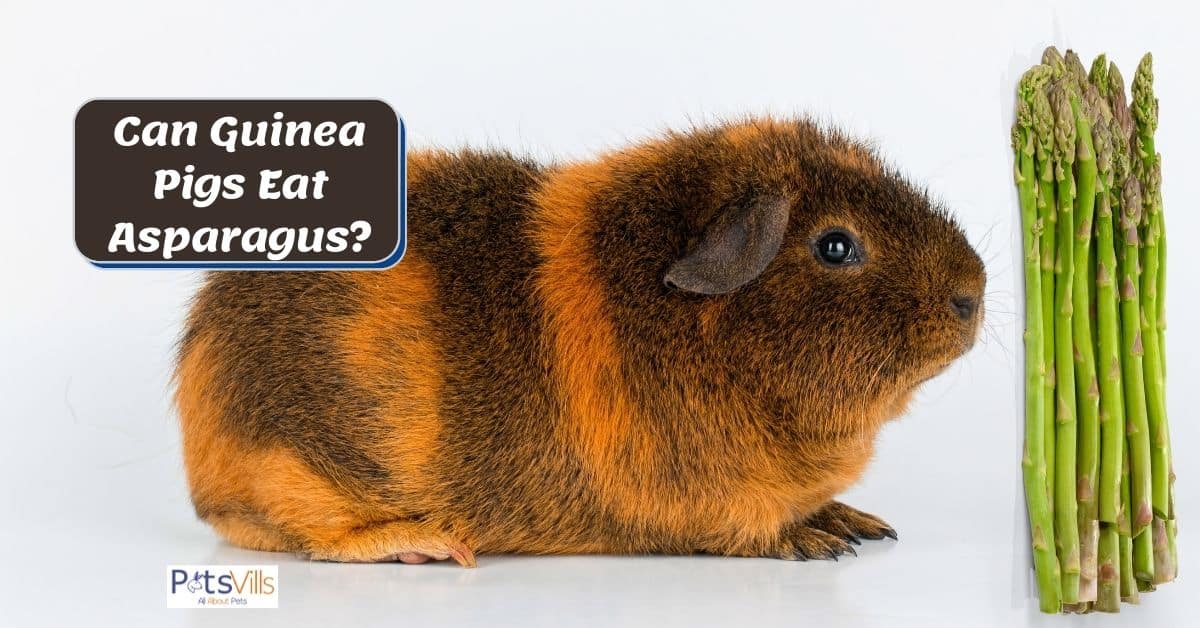
Can Guinea Pigs Eat Asparagus? (Benefits, Risks, and More)
Can Guinea Pigs eat Asparagus? Many pet owners wonder if guinea pigs can eat asparagus for a healthy and varied diet. The good news is, yes, guinea pigs can
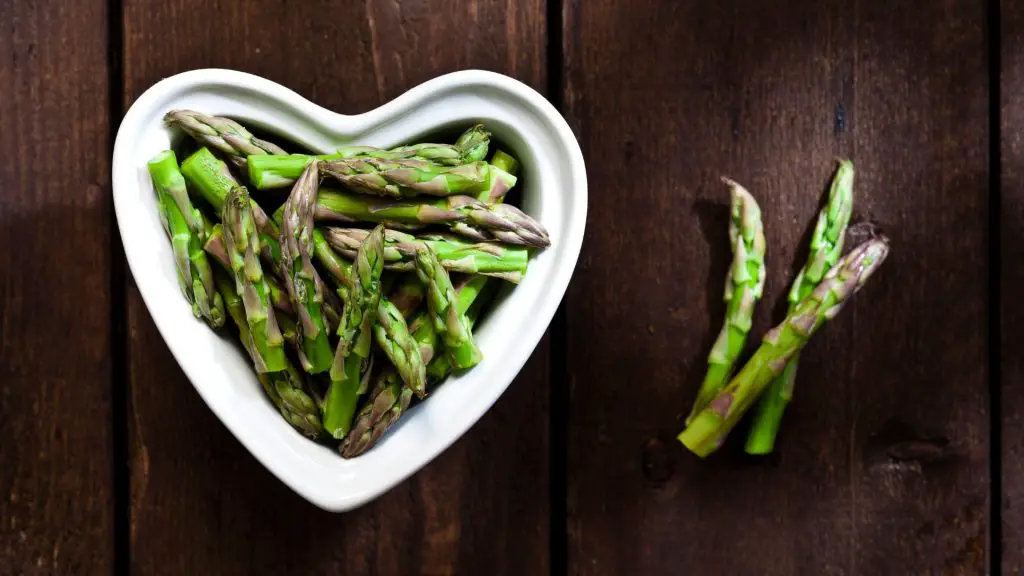
Can Guinea Pigs Eat Asparagus? (Benefits, Risks, Serving Size & More
By including asparagus in your guinea pig's diet, you can provide your pet with essential vitamins and minerals that are important for maintaining good health. Health Benefits of Asparagus for Guinea Pigs. Asparagus is a nutritious vegetable that contains essential vitamins and minerals that are beneficial for your guinea pig's health.
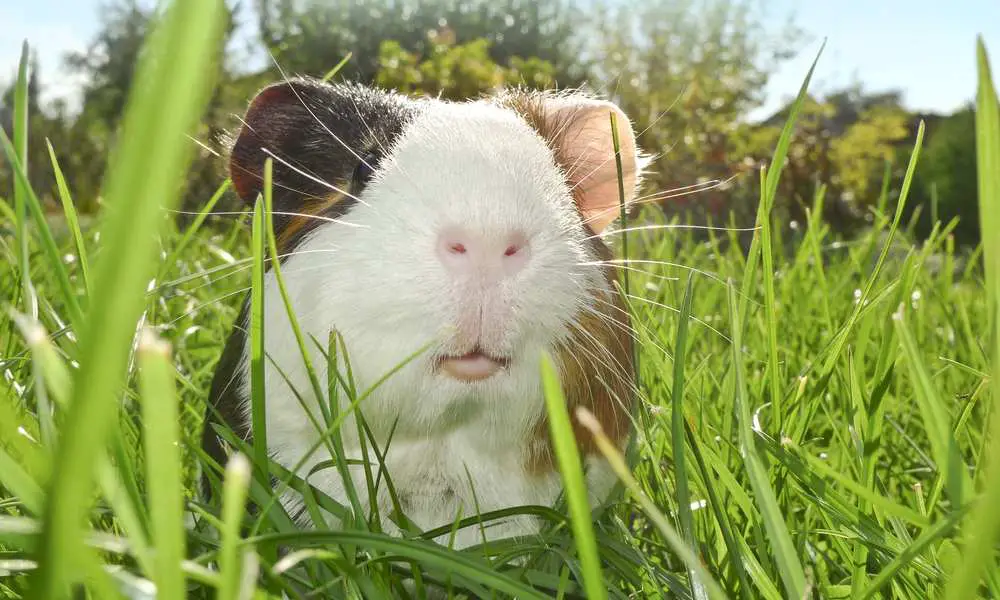
Can Guinea Pigs Eat Asparagus? Pet Diet Guide
Asparagus can help boost a cavy's overall immune system. A strong immune system helps guinea pigs fight off disease and infection. Asparagus contains many vitamins, minerals and nutrients that work together to keep their health strong. A guinea pig's immune system is strong when they have enough nutrients.
Cavy Savvy A Guinea Pig Blog Can Guinea Pigs Eat Asparagus?
A 100 gram serving of asparagus contains approximately three times the daily calcium requirement of guinea pigs, so it is important to feed it only as an occasional treat, in small amounts. Too much calcium can lead to an increased risk of developing urinary stones, which can be dangerous, or even fatal to guinea pigs. 2.
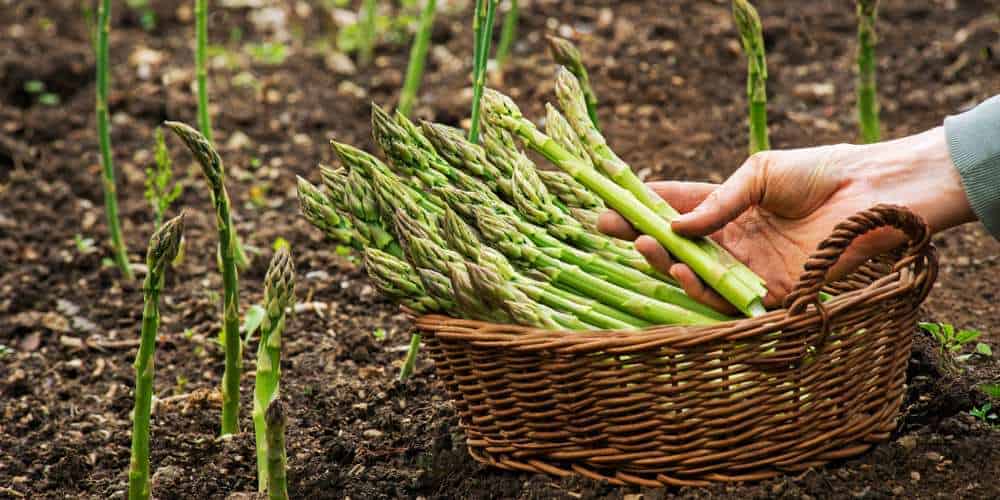
Can Guinea Pigs Eat Asparagus? Pet Diet Guide
Yes, your guinea pig can eat asparagus stems. The stems of the asparagus plant are completely safe for consumption. Guinea pigs usually enjoy eating the stems because they love chewing, which is also good for their teeth. You should also watch out for the serving size and serve asparagus stems in moderate amounts.

Can Guinea Pigs Eat Asparagus? (Benefits, Risks, and More)
After washing the asparagus, cut it into small pieces that your guinea pig can easily chew and swallow. Remember that guinea pigs have small, delicate teeth, and feeding them big chunks of food can lead to choking or dental issues. 3. Cook the Asparagus. Although guinea pigs can eat raw asparagus, it's best to cook it before serving it to them.
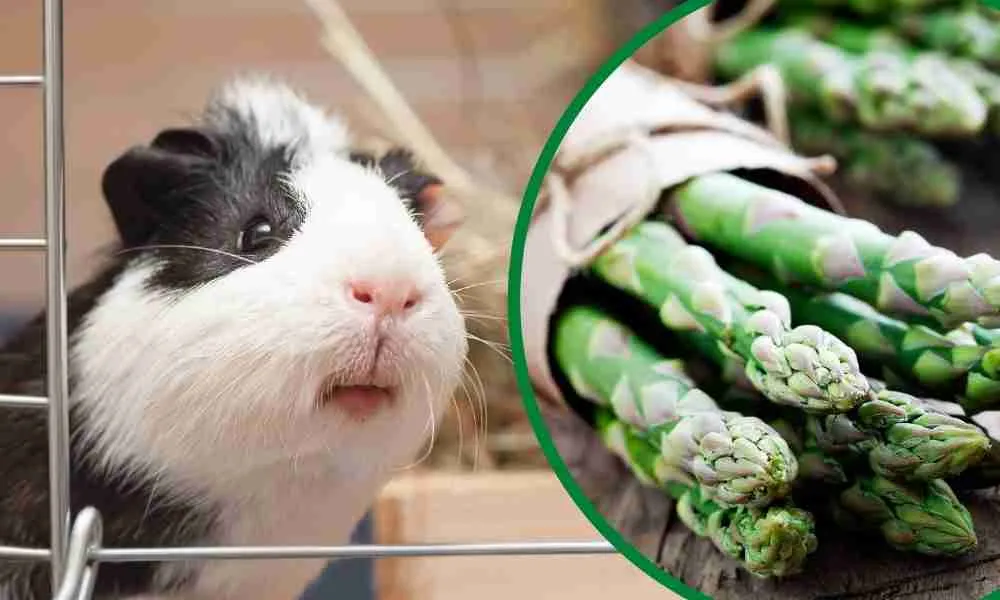
Can Guinea Pigs Eat Raw Asparagus? (10 Benefits Revealed!)
Green asparagus is safe for guinea pigs and they generally enjoy it. Asparagus contains antioxidants and fiber that aid digestion. Young asparagus shoots are edible for guinea pigs. Cooked asparagus is bad for their digestive system. Guinea pigs should avoid foods like coconuts, avocados, grapes, onions, and chives.

I·ATE Sparga, szparagi and asparagus what will you eat this spring
Yes, guinea pigs can eat asparagus. When added in moderation, this vegetable possesses numerous health benefits for our guinea pigs. However, it does contain a fair amount of calcium that can lead to some health issues if fed regularly. You should never make a sudden change in your guine pig's diet to introduce an exotic vegetable like asparagus.

Can Guinea Pigs Eat Asparagus? 17 Things To Know MRP
Asparagus also contains folate, also known as Vitamin B9, which helps make red blood cells. Folate also helps break down carbohydrates into energy. What are the downsides about asparagus for guinea pigs? Unfortunately while asparagus offers many benefits, there are some negatives. If your guinea pig consumes too much of this yummy veggie, they.

Can Guinea Pigs Eat Asparagus? 17 Things To Know MRP
Oxalic Acid: Asparagus contains oxalic acid, which can be harmful to guinea pigs if consumed in excess. Experts recommend no more than 50mg a day. Vitamin C & Other Essential Vitamins: Asparagus contains vitamin C, as well as vitamins A, B5, and K, which are crucial for a guinea pig's health. However, asparagus alone does not contain enough.
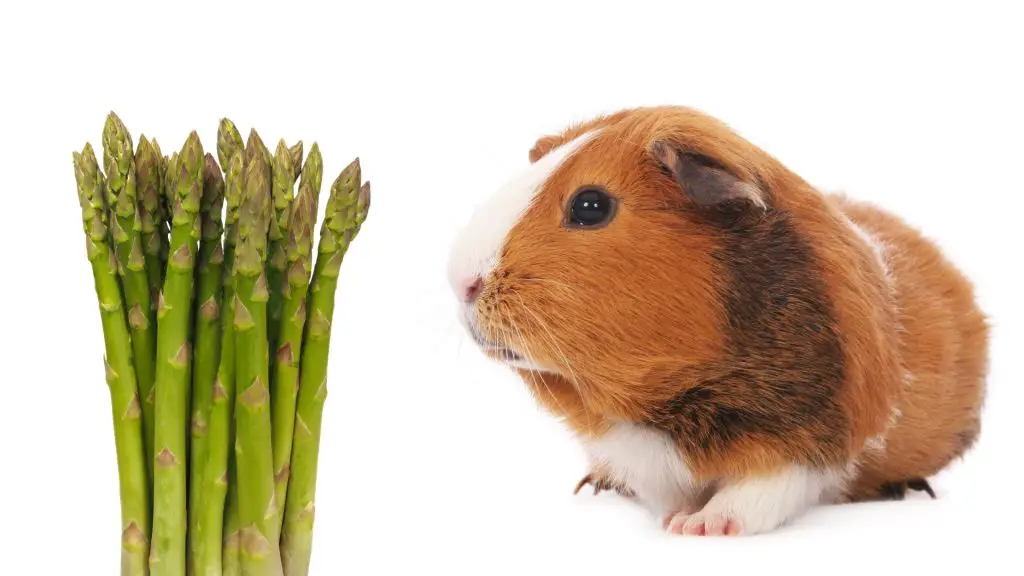
Can Guinea Pigs Eat Asparagus? (Benefits, Risks, Serving Size & More
Asparagus is a safe vegetable for guinea pigs, but only in moderation. Feed 1-2 times per week to avoid health issues. This green veggie is nutritious, low in sugar, and rich in vitamins and minerals. Asparagus is just one of the many vegetables that guinea pig owners may consider adding to their pet's diet, and it's essential to understand.

Can Guinea Pigs Eat Asparagus? Guinea Pig Tube
Yes! Guinea pigs can eat asparagus. It's not toxic to your furry buddy and can be a healthy addition to their diet when given in small amounts. A word of caution: Feeding too much asparagus to your guinea pig can increase their risk of bladder stones. Very small portions once or twice a week are ideal. For further considerations on the health.